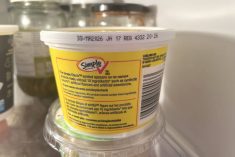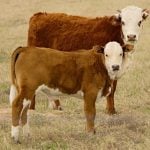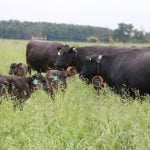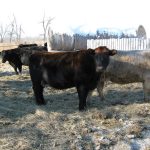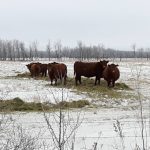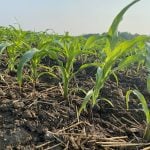CCA says any cow slaughtered in U.S. should be considered American but R-CALF says that wouldn’t be right
The U.S. is promising to revamp its controversial mandatory Country-of-Origin Labelling Act — but it doesn’t appear anything will happen soon.
The World Trade Organization has ruled the regulations, known as COOL, violate international trade law and with all of its appeals exhausted, Washington promised to comply with the ruling, said John Masswohl, director of government and international relations with the Canadian Cattlemen’s Association.
The problem is compliance likely requires legislative changes, he noted, and that’s tricky in the partisan and complicated world of U.S. politics.
Read Also
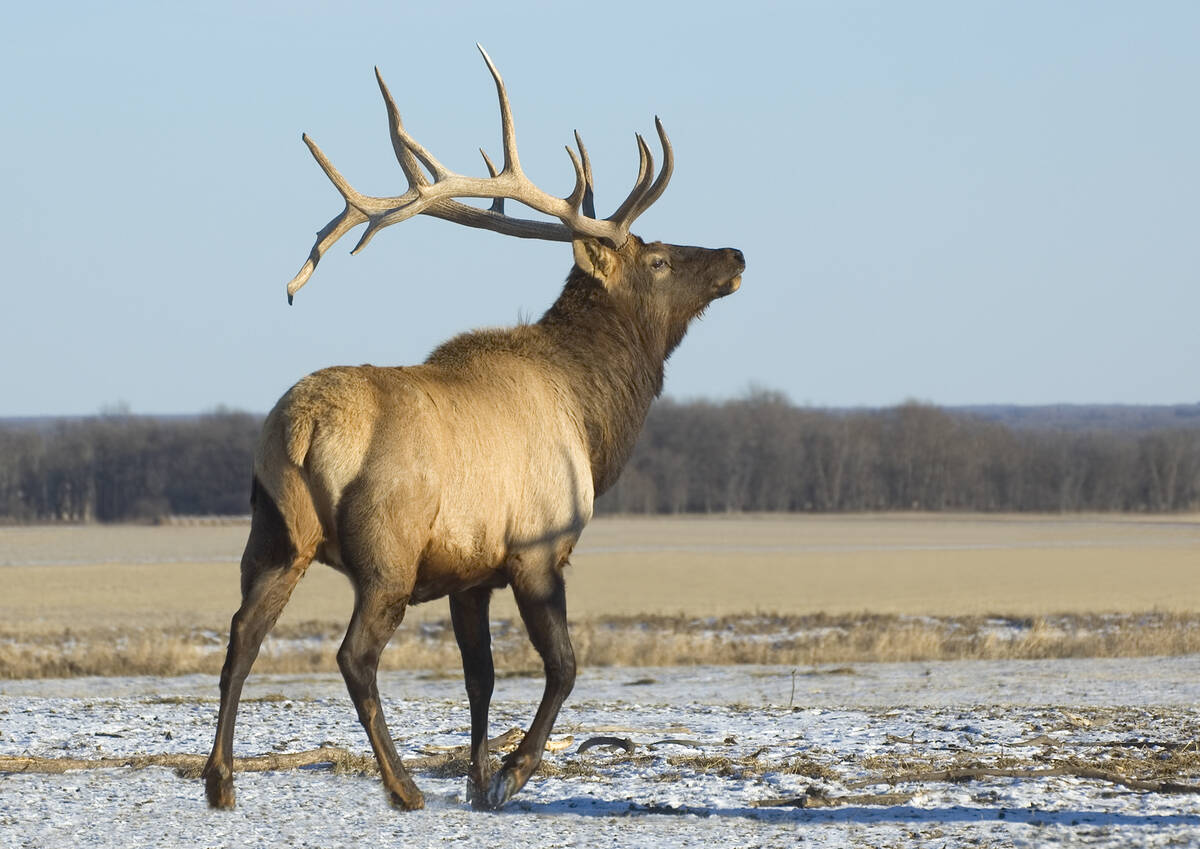
Manitoba Beef Producers targets elk surge, wildlife losses in resolutions
Resolutions at last month’s Manitoba Beef Producers meeting seek help to rein in elk and deer populations, expand fencing supports and improve compensation for wildlife damage.
“We perhaps have a bit of a difficulty when the U.S. administration says they are evaluating options, because we don’t think that there is much that the administration can do within the constraints of the legislation,” said Masswohl. “And it’s a piece of the legislation that requires a U.S. label can only go to cattle that are born and raised in the United States. That’s the problem — that has to be eliminated.”
Meanwhile, two groups — R-CALF and the Made in the USA Foundation — filed a suit earlier this month asking the courts to prevent any such moves, arguing trade laws cannot supplant the laws of a nation.
Moreover, consumers have a right to know where their food comes from, said Mike Schultz, R-CALF’s COOL committee chair.
A 2002 consumer survey found 93 per cent of respondents wanted the labelling, and support is increasing in the wake of food safety scares, he said.
“I think people are more aware today than they ever have been,” said Schultz.
Canada never took issue with labelling — only with the trade impediment it created, said Masswohl. Segregating cattle finished in the U.S. is expensive and, as a result, fewer are being imported.
Masswohl said his organization would like the U.S. to make a legislative change that redefines the origin rather than the label. That would allow “any meat that is derived from slaughter in a U.S. facility would be eligible for U.S. label,” said Masswohl.
A second option would be to make the existing law voluntary, leaving the decision whether to label in the hands of industry, he added.
Schultz said both would undermine a country-of-origin labelling.
“Our deal is pretty simple and straightforward,” said Schultz. “If it’s born, slaughtered and produced here, it ought to be a U.S.A. product, plain and simple.”
The U.S. has until October 2013 to make changes, but if the trade impediment isn’t removed, Canada and Mexico will be able to file a complaint of non-compliance with the WTO, said Masswohl. That would see the creation of a “compliance panel” and, if Washington is found not to have complied, eventually lead to Canada having the right to retaliate by imposing tariffs on American exports to Canada.
“It is important for us at this point to be talking about the possibility of retaliation because the more you talk about the possibility of retaliation, the less likely it is that you’ll need to get there,” Masswohl said.
Schultz said Canadian producers shouldn’t take the matter personally.
“This is not a battle between producers,” said Schultz. “The Canadian people have taken a lot of pride in products of Canada. I see stuff all the time that’s a product of Canada, but it’s the corporations that are trying to extract money that seem to be where the issue lies.”



